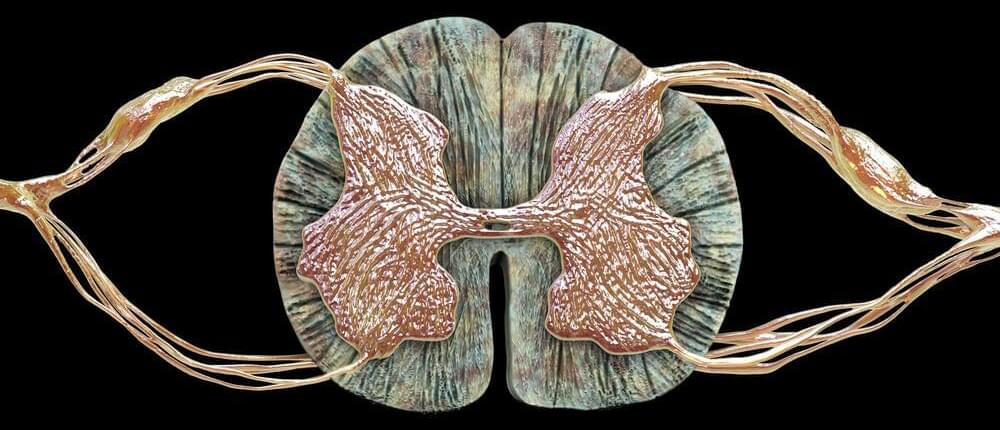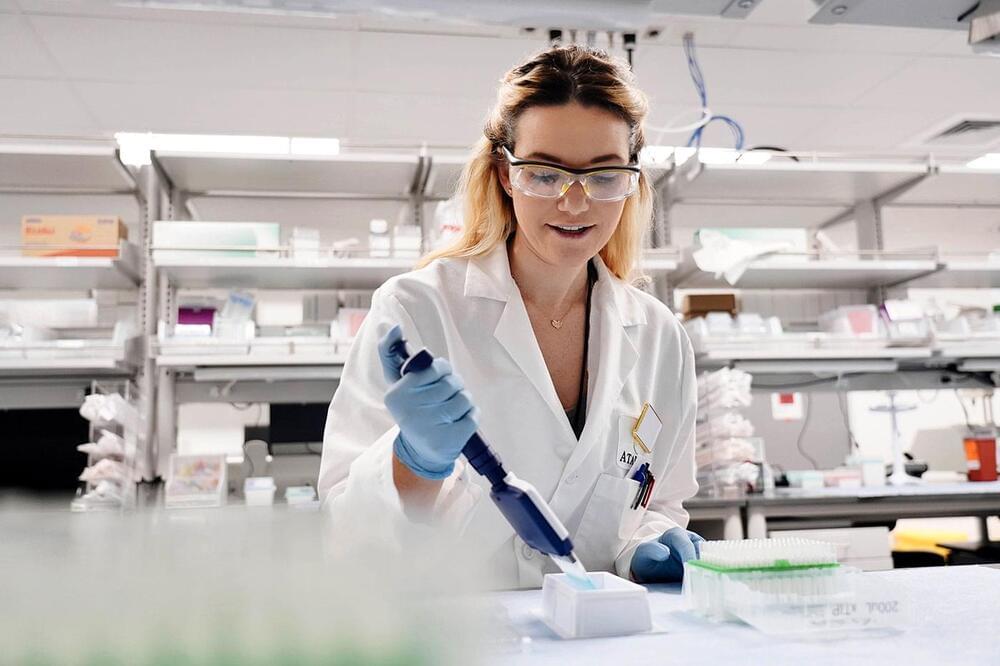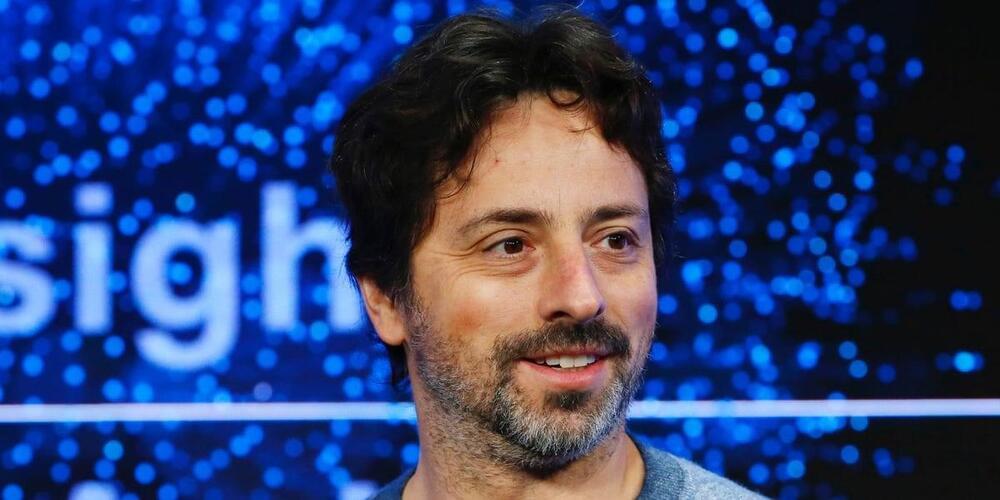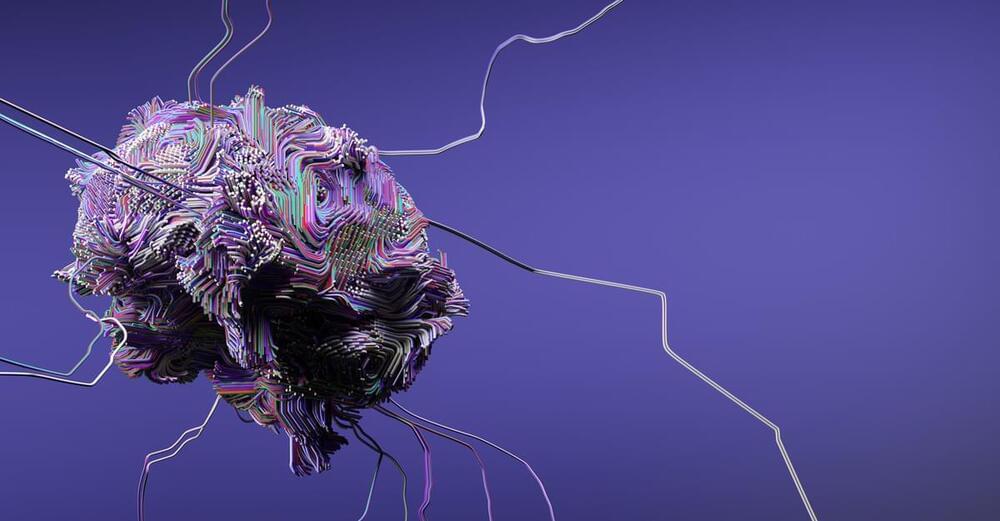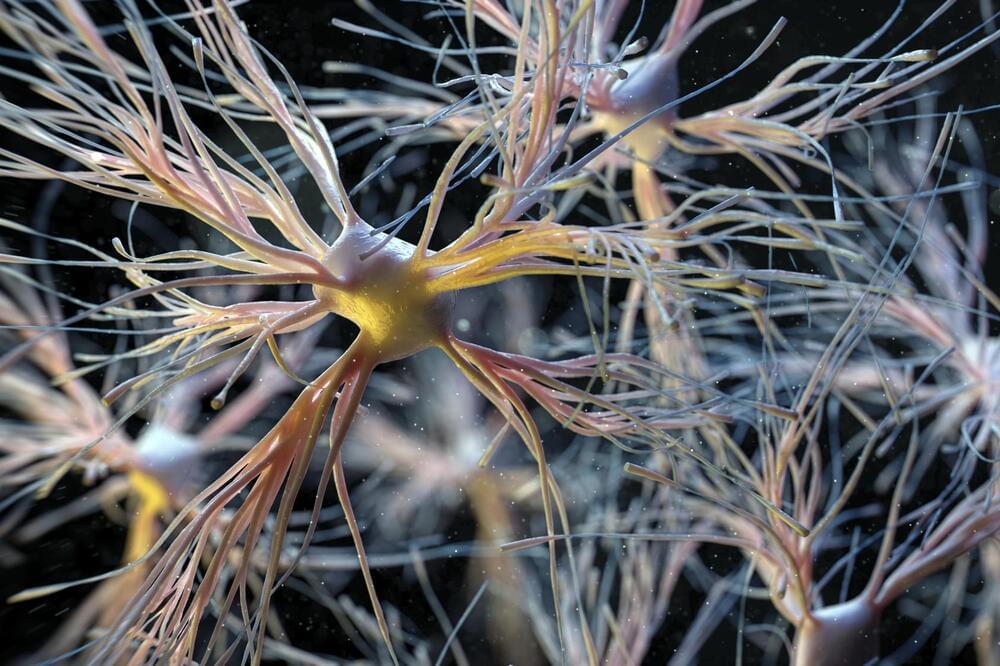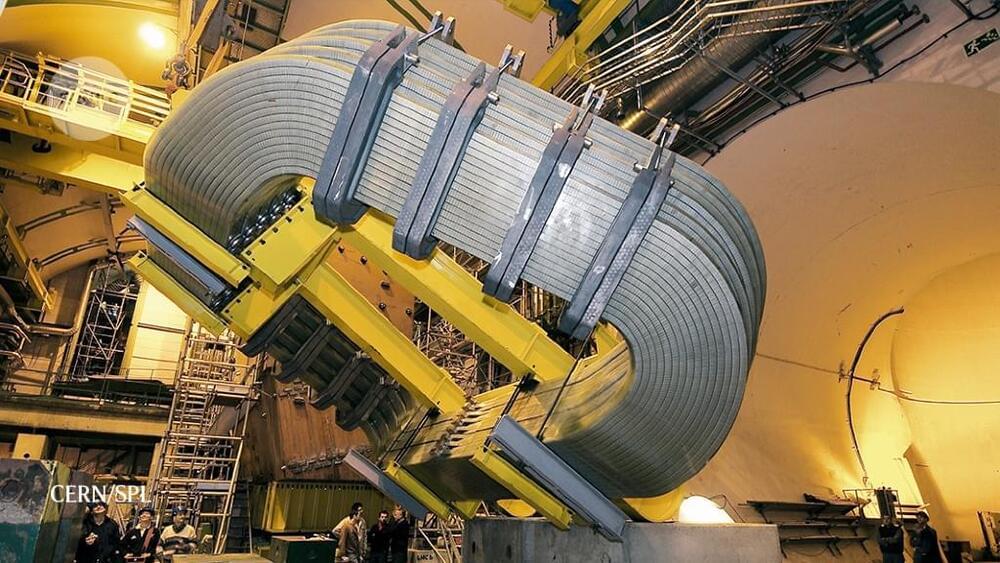Maintenance of mRNA and protein localization in motor neurons is a potential therapeutic avenue for Amyotrophic lateral sclerosis (ALS), report researchers from The Francis Crick Institute and the University College London (UCL). A new study shows how the extensive changes in mRNA and protein in ALS motor neurons are linked to mutations in an ATPase called VCP. These mutations may contribute to the mislocalization of RNA binding proteins (RBPs) that tend to clump together and the redistribution of the mRNAs they are bound to. Inhibition of VCP partly restored mRNA and protein localization and other ALS phenotypes. These results show how RBP mislocalization and mRNA redistribution in motor neurons are linked to ALS and how VCP inhibition could be used as a treatment.
The study “Nucleocytoplasmic mRNA redistribution accompanies RNA binding protein mislocalization in ALS motor neurons and is restored by VCP ATPase inhibition” was published today in Neuron.
“For the patients I see, it’s devastating that there aren’t yet impactful treatments available for ALS,” said Rickie Patani, PhD, senior group leader of the Human Stem Cells and Neurodegeneration Laboratory at the Crick, professor at UCL, and consultant neurologist at the National Hospital for Neurology. “This research represents a shift in our thinking about what causes ALS—it doesn’t involve abnormal movement of just a few proteins, but the abnormal localization of hundreds of proteins and mRNAs. This opens new avenues for research and potential therapies.
